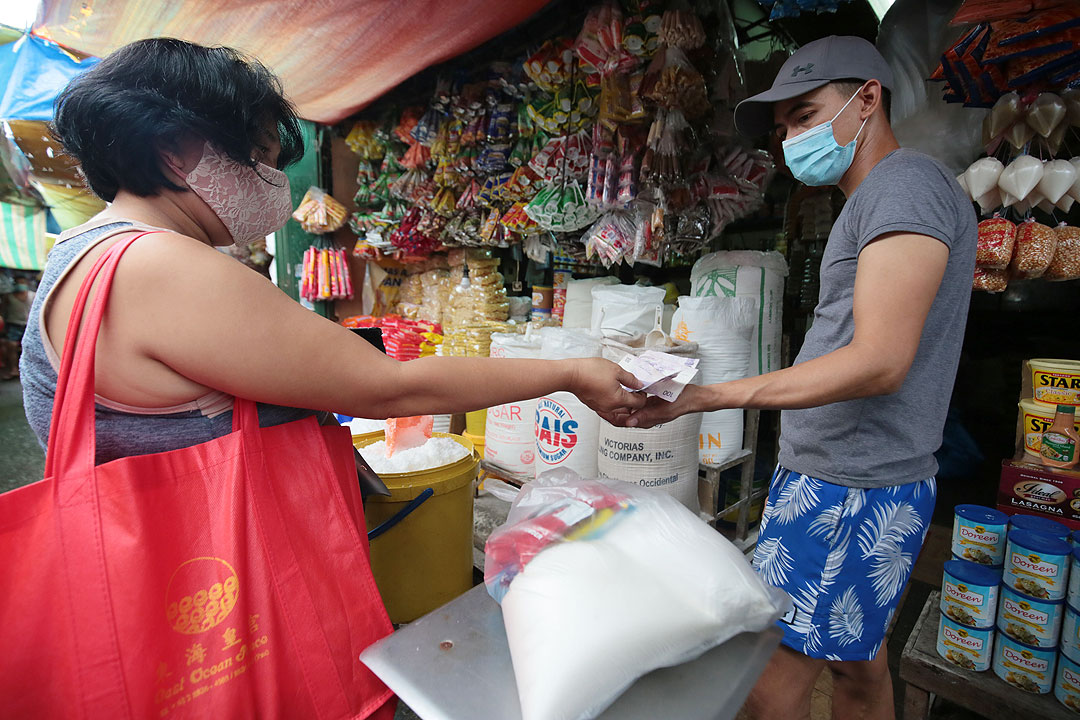Nomura cuts PHL growth forecast to 6.3% due to inflation

NOMURA Global Markets Research said it downgraded its growth forecast for the Philippines to 6.3% from 6.8% due to the expected impact of inflation caused by the Russian invasion of Ukraine.
The projection was made in a note issued by analysts Sonal Varma, Ting Lu, Euben Paracuelles, and Jeong Woo Park.
The official government target for 2022 growth is 7-9%.
“In Asia, India, Thailand and the Philippines are the biggest losers, while Indonesia would be relative beneficiaries from higher commodity prices,” the report said.
Amid surging oil prices, Nomura raised its inflation projection for the Philippines this year to 4.6% from 2.9% previously. If realized, this will be higher than the 3.7% estimate of the Bangko Sentral ng Pilipinas (BSP) and beyond its 2-4% target band.
For now, Nomura said base effect from the high food prices last year is still keeping inflation muted.
“Surging inflation is also likely to dampen consumer spending when the unemployment rate is still high,” it said.
Headline inflation was at 3% for a second straight month in February. However, central bank Governor Benjamin E. Diokno has warned that rising oil prices could push inflation beyond the target band by the second quarter, before slowing in the second half of the year.
Nomura warned that the country’s high dependence on fuel imports could have an immediate pass-through impact on consumers and widen the current-account deficit.
Relatively low vaccination rates and the possibility of further outbreaks due to election-related activities could also impede growth by delaying the economy’s full reopening, it added.
The Department of Health tallied full vaccinations at over 63 million as of March 9. The Johns Hopkins University vaccine tracker estimates the fully vaccinated rate at 58.36% of the population.
The government hopes to fully vaccinate 77 million people by the end of March.
Nomura said it expects the central bank to continue focusing on growth and only start increasing rates by 25 basis points in the fourth quarter of 2021.
The BSP last week said it will continue to prioritize supporting economic growth, but will be ready to move in case there is need to respond to second-round effects of inflation manifested through fare hikes or wage increases.
Last year, the economy rebounded with a 5.6% growth following a record 9.6% contraction, which was the worst in Southeast Asia. — Luz Wendy T. Noble



